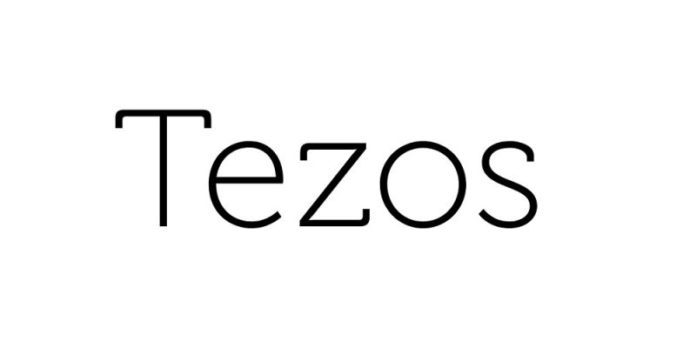Tezos Baking Explained
Last Updated: 30th October 2018
Tezos baking is the process of signing and appending a block of transactions to the Tezos blockchain. There are two types of accounts that exists on the Tezos blockchain, only one of which has the right to the take part in the Tezos baking process. These two accounts are:
- Implicit accounts
- Originated accounts
Implicit accounts are the only accounts permitted to partake in the Tezos baking process, and in order to do so, the account must have been registered as a delegate. Implicit accounts can bake on the behalf of its own account balance, as well as the account balance of originated accounts delegated to it.
Originated accounts on the other hand cannot take part in the baking process and must instead assign a delegate (with an implicit account) to do so. Originated accounts use their manager key to specify a delegate key, which is the same as choosing a delegate to represent them. It is then the responsibility of the delegate to partake in Tezos’ consensus algorithm. Delegates can be reassigned by originated accounts, but the change only comes into effect after a few cycles. A cycle is defined as every 4,096 blocks.
Successfully baking a block results in a block reward of 16 XTZ as well as any transaction fees collected. Blocks are baked every 60 seconds on the Tezos blockchain.
Rolls & Endorsements
A roll consists of 10,000 XTZ either owned by a baker themselves or delegated to them by originated accounts. A baker stands a higher chance of being able to bake or endorse a block if they have larger number of rolls. Endorsers are chosen from a list of delegates and are responsible for verifying that a block was correctly baked; endorsers are eligible to receive a reward in XTZ. A total of 32 delegates are required to endorse a single baked block.
A snapshot of the number of rolls owned by each delegate is taken every 256 blocks, or roughly every 4 hours. The Tezos documentation indicates that a snapshot taken too frequently would require large amounts of memory. Conversely, a snapshot taken too infrequently could easily be gamed, with a baker purchasing large amounts of XTZ prior to a snapshot in order to increase their chances of baking/endorsing the next block.
Security Deposits
In order to be eligible to bake or endorse on the Tezos protocol, a security deposit of 512 XTZ is required to bake a block and a security deposit of 64 XTZ is required to endorse a block.
Upon baking or endorsing, the funds held in the security deposit account of the delegate are moved to another account where it is frozen for a given number of cycles, or preserved cycles. After the preserved cycles are over, the funds, as well as the rewards, are automatically moved back to the delegate’s main account.
Active & Passive Delegates
On the Tezos protocol, a delegate can either be deemed active or passive. Passive delegates are not eligible to bake nor endorse, whereas active delegates are.
A delegate can risk becoming passive if he/she fails to bake or endorse any blocks within the past 5 cycles. In addition, a delegate may also risk becoming passive if they are no changes to the amount of funds held in their security deposit account.
However, it can sometimes be the case that smaller delegates may have not had the opportunity to bake or endorse a block. To remedy this, smaller transactions can be made with a delegate’s security deposit account once every two cycles in order to avoid being classed as passive.
Conclusion
To conclude, baking, in the Tezos protocol, is the process of adding a block of transactions to the Tezos blockchain. Bakers receive a reward of 16 XTZ for each block baked as well as transaction fees. There exists two types of accounts on the Tezos network, implicit and originated accounts. Only implicit accounts are eligible to bake on the Tezos protocol.
A roll is simply 10,000 XTZ owned by a baker or delegated to them by an originated account. The larger the number of rolls owned by a baker, the higher the chance that they will be chosen to bake/endorse the next block.
Endorsement refers to 32 selected delegates who verify that a block has been correctly baked. Endorsers also stand to receive a reward in XTZ for their services.
Security deposits of 512 XTZ must be held in order to bake a block, and 64 XTZ in order to endorse a block. These funds are frozen for a set number of cycles, but are then automatically returned once the cycles have been completed.
Delegates can either be classified as active or passive on the Tezos network. Active delegates are eligible to bake/endorse a block, whereas passive delegates are not. Delegates risk becoming passive if they fail to bake/endorse a block within the past 5 cycles, or if there are no changes in the amount of funds held in their security deposit account.
More information on the Tezos baking process can be found within the Tezos documentation.


